
By Casey Chun
One conclusion we can all arrive at is that this election cycle has left us all tired, emotionally and even physically. Being constantly exposed to a glut of headlines on all the candidates and traveling home to vote has left us weary and in need of a break. Would you like a cup of coffee after all this exhaustion? How many sugars? Milk? Is drip okay, or would you prefer French press?
You could respond to my offer in many ways: answering how many sugars, if you wanted milk and whichever way you wanted preferred it brewed. That is okay because I respect your opinion on your choice of beverage. Your intent is just that you want to enjoy the coffee. Your consumption of your coffee has no negligible consequences on my life.
After this week, however, a lot of people are asking me and others not to respect their coffee preference, but instead to respect their votes and political opinions. Asking me to respect your choices on how many sugars and milks you take is not the same as asking me to respect your vote. To tolerate someone’s vote is to understand that their political agenda does not align with mine, but to accept their vote is to bear the burden of their decisions that will directly affect my quality of life.
You can ask me to respect your opinion and your vote, but understand that your vote allowed a campaign to position itself in the White House after using an agenda rooted in derogatory comments and stereotypes of many individuals and communities. While I understand your vote may not reflect all of the hateful comments aimed at those communities, it has certainly assisted in the victorious rise of that agenda. The systemic and social impact of that vote may be more than your initial personal intent.
In the nascent days of Donald Trump’s election, there have been cases of racially charged episodes across American schools, ranging from middle schools to college campuses. The New York Times compiled cases of these reports, ranging from chants to vandalism and graffiti. At the York County School of Technology, students were filmed yelling “white power” as they walked through the halls with a Trump campaign poster. In a Maple Grove Senior High School restroom, profanity and racial epithets were positioned next to “Trump,” as well as a hashtag that said “#WhitesOnly.” At New York University, “Trump” was marked on the door of a Muslim prayer room used by the Muslim Students Association. I am not saying that cases like these did not exist prior to this election cycle, but what we are seeing is the rise of crimes like these which are purposely justified and positioned with Trump effigies.
Similarly, upon hearing of Trump’s victory, the Ku Klux Klan (KKK) of North Carolina organized a victory march. The North Carolina GOP Chairman Robin Hayes reported to CNN, “We are disgusted and condemn this extremist ideology and associated actions in the strongest possible terms.”
It is true that the entire Republican Party is not represented by these episodes or the KKK, but we must recognize that Trump’s campaign provided a suitable and ideal environment to cultivate these ideologies and these behaviors in the midst of racial, political and social tension. These people purposely perpetrated these actions in support of Trump and his victory.
When someone asks me to respect their vote, they are asking me to respect a vote that directly allowed these actions to take place. In addition, a vote for Trump and his running mate Mike Pence is indirectly supporting policies aimed at limiting the few rights that LGBT people have. In his political career, Pence has voted to support a Constitutional Amendment banning same-sex marriage and constitutionally defining marriage as one-man-one-woman. He voted against HR3685: Employment Non-Discrimination Action, which prohibits job discrimination on the basis of perceived or actual sexual orientation. Pence has also voted against enforcing legislation that protected victims of hate crimes based on their actual or perceived race, color, religion, national origin, ethnicity, gender, disability or sexual orientation. A vote for Pence is a vote for a person embodying these principles, which are vehemently against the LGBT and other minority communities.
Furthermore, quality of life for these marginalized communities may be further exacerbated by changes in policies. Our generation has arguably been in the midst of a sexual revolution, in which people have chosen to be more comfortable with expressing their bodies and their sexuality. This paradigm shift calls for an emphasis on providing sexual health, which has historically been stigmatized. A vote for Trump is a vote for a man who said, “I would defund [Planned Parenthood], because I’m pro-life,” when asked about his moral position on abortions. Yet he admits, “millions and millions of women — cervical cancer, breast cancer — are helped by Planned Parenthood.”
What he fails to emphasize is that Planned Parenthood’s services are available not only for women, but also men. Forty-one percent, their largest allocation of patient care, is allocated to STI/STD testing and treatment. With the issues like the rise of antibiotic resistant gonorrhea, it is imperative that we allow and fund public health institutions to address these issues our citizens face.
Defunding Planned Parenthood and its affiliated practices has serious implications on the healthcare citizens have access to. This issue is compounded by the fact that Trump’s agenda includes repealing the Affordable Care Act (ACA). In February, Cathy Schoen of the Commonwealth Fund published an analysis that found that though the full extent of the ACA is limited, its effects have been positive and beneficial in contributing to the country’s economic recovery, acting as a stimulus without having the negative impact on economic growth or jobs that critics were concerned about. More importantly, the act has contributed to the slowdown in health spending while allowing coverage to be expanded to citizens.
Healthcare, and the access to proper care, is inherently a human right, which has been supported by the World Health Organization and facilitated by the ACA.
I would have loved to avoid using a platitude, but a lot will change. Some of these changes will compromise the basic human rights and dignities of others. When you ask me to respect your opinion when your vote has enabled these ideologies and agendas, understand that it is difficult when my friends and I fear not only for our safety, but also our quality of life. When we criticize the conditions we are subjected to, we are criticized for not understanding or patronized as being querulous or throwing a “temper tantrum.”
Are Second Amendment rights exclusive to those who voted for Trump’s campaign?
Partial support or a vote for Trump’s campaign is complacency in fortifying and perpetuating the systematic injustices and inequities that have existed — and now will continue to exist — in our country. When you criticize us for being “divisive,” understand where, how, and why these divisions are drawn. Asking me to respect your opinions on how you take your coffee is different from asking me to disregard my human emotions and response to your vote that aims to revoke the rights others have. Drink your coffee with however many sugars and milks you want to change the taste, but I will take mine black — unadulterated and undiluted by how you take yours.
Casey Chun, FCRH ’17, is a biology major from New York, New York.



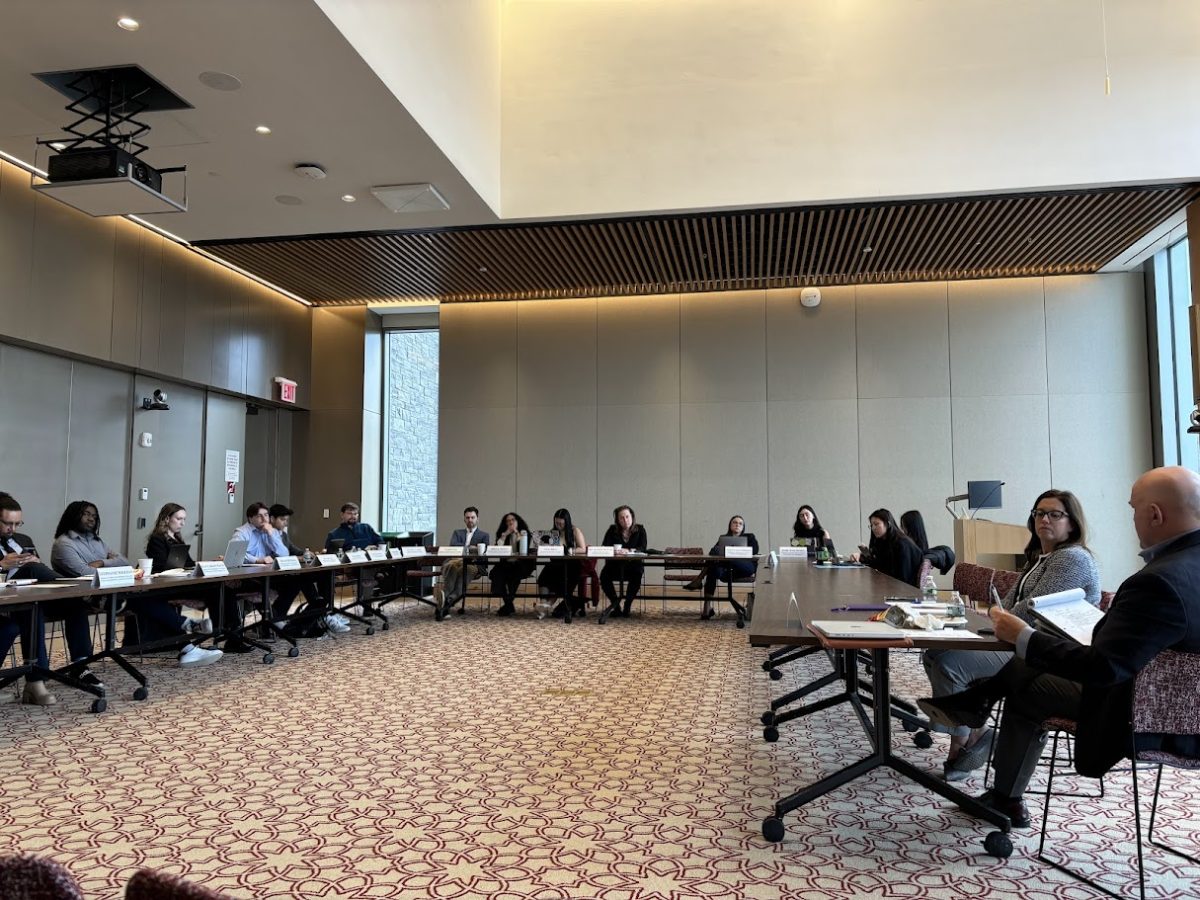


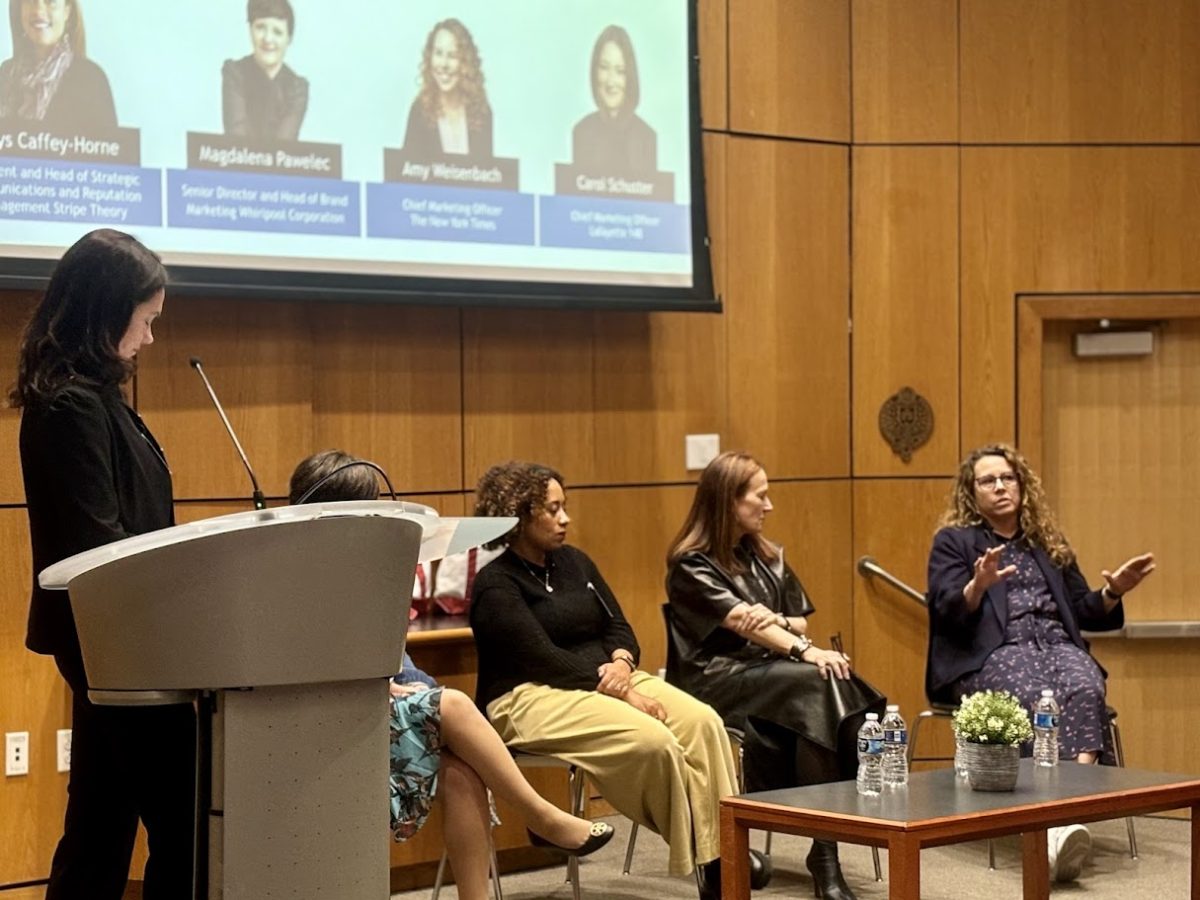




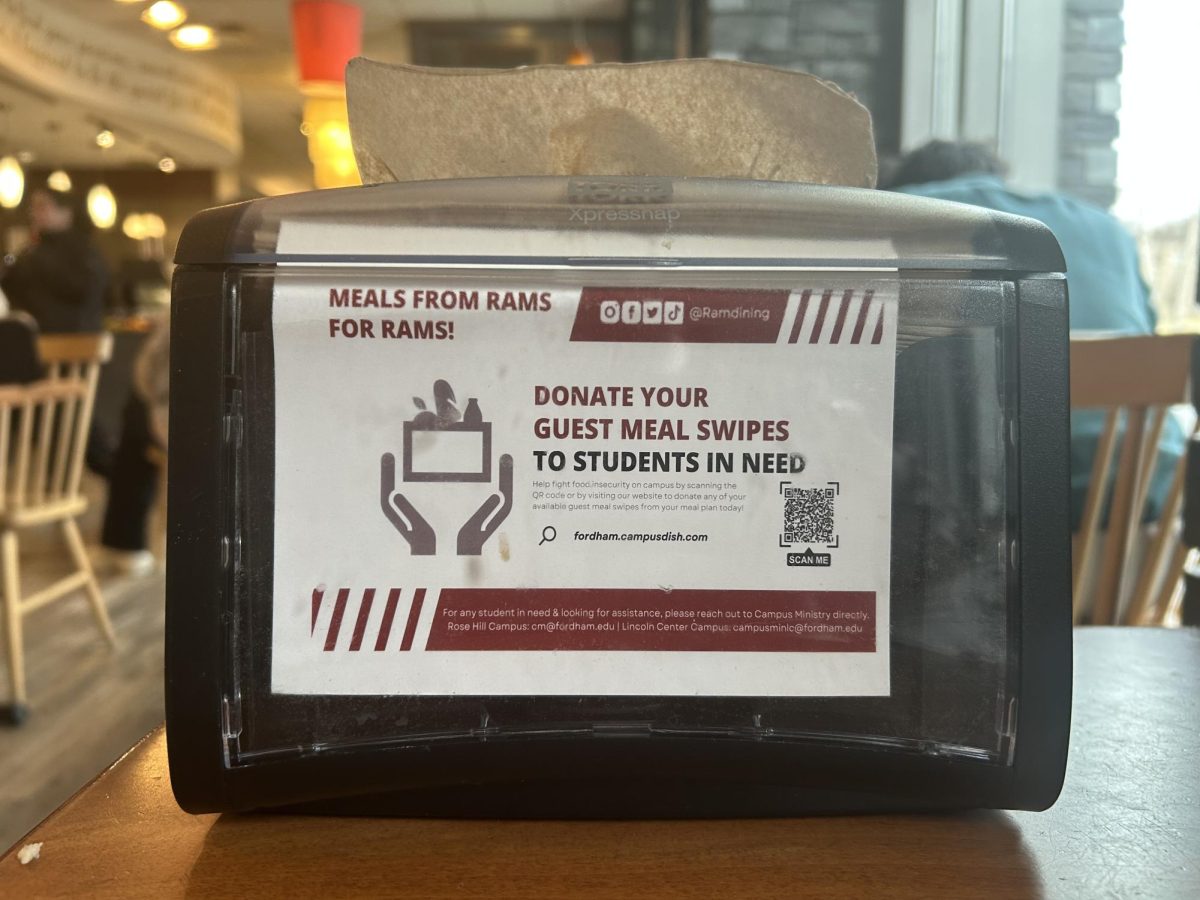










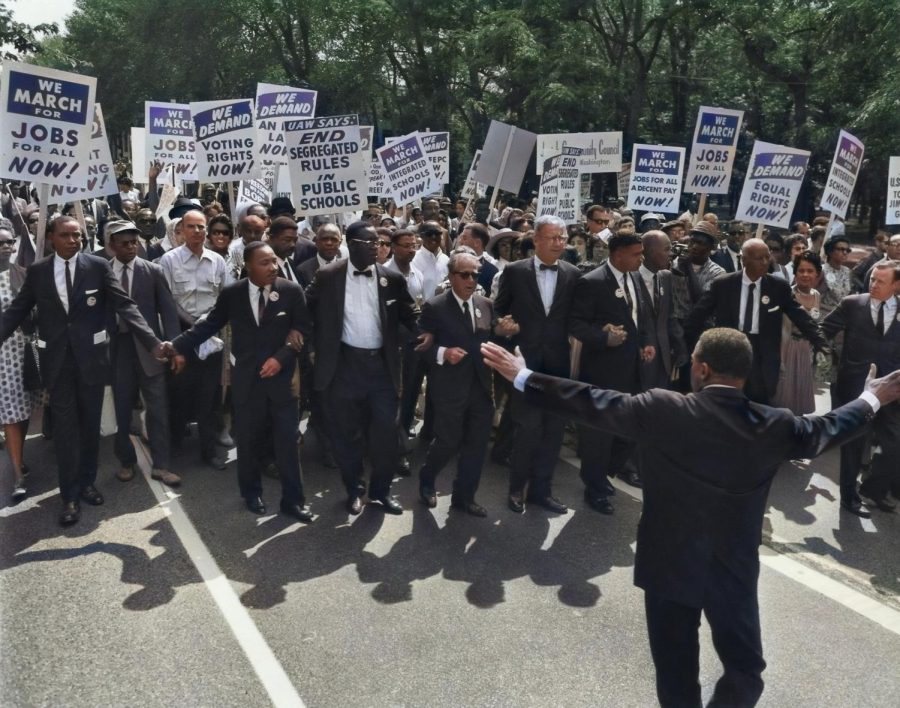
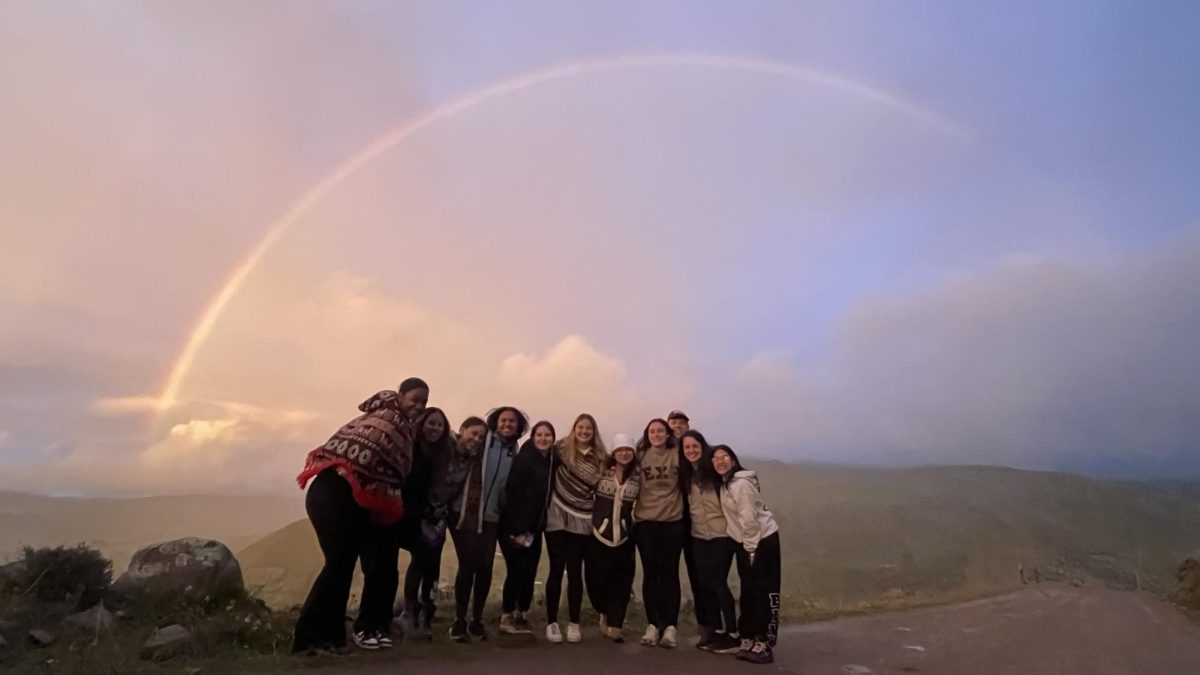



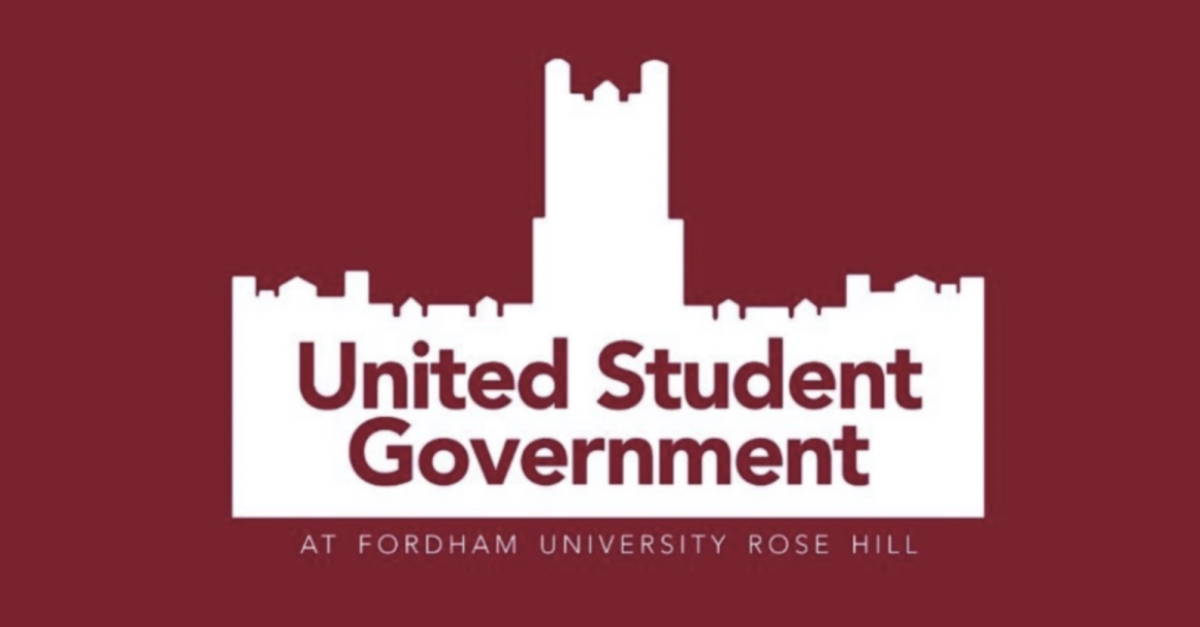


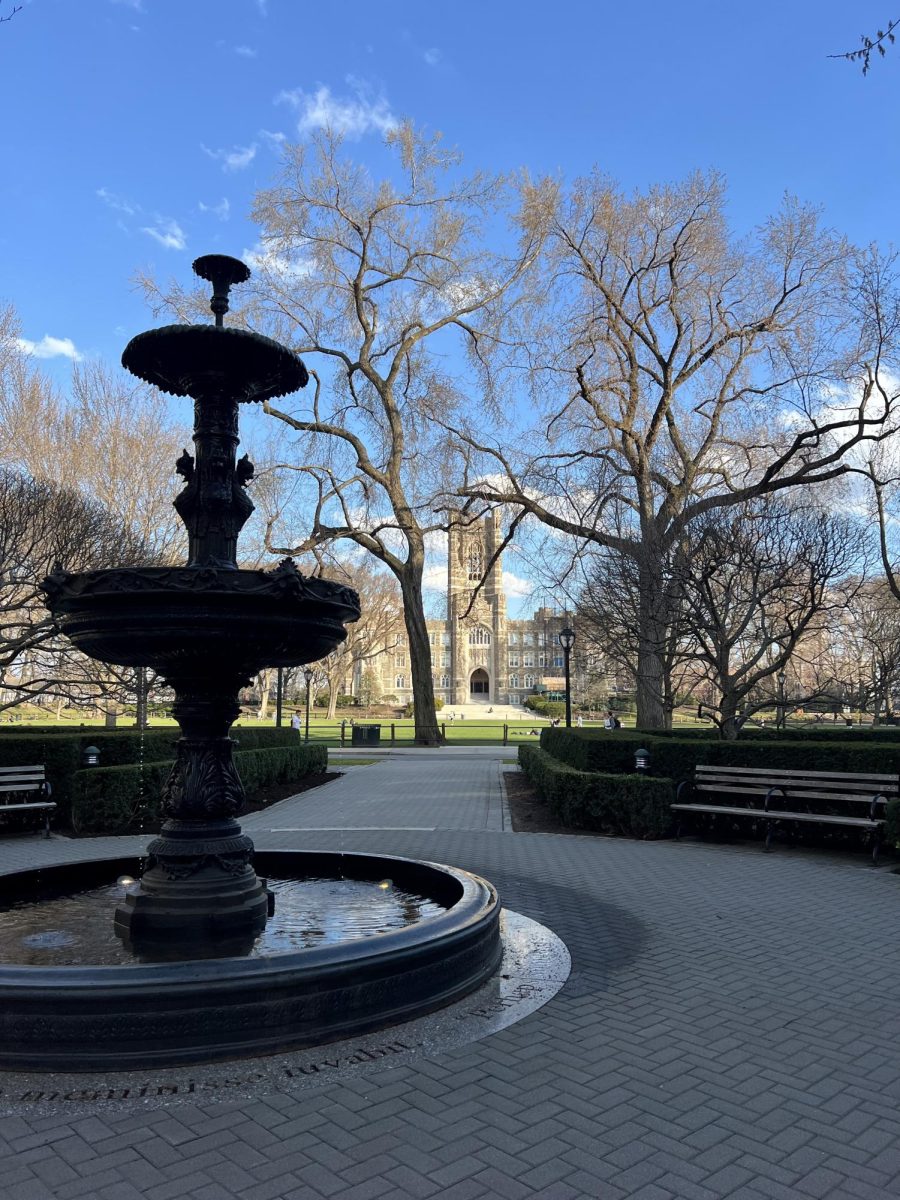


























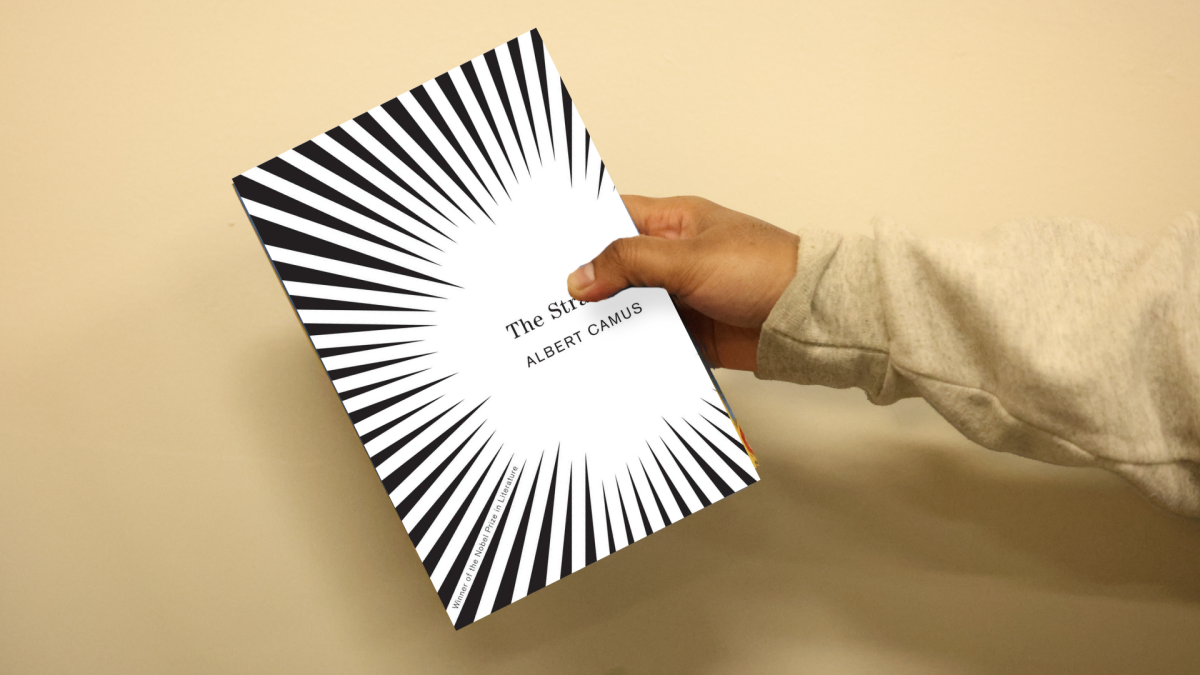




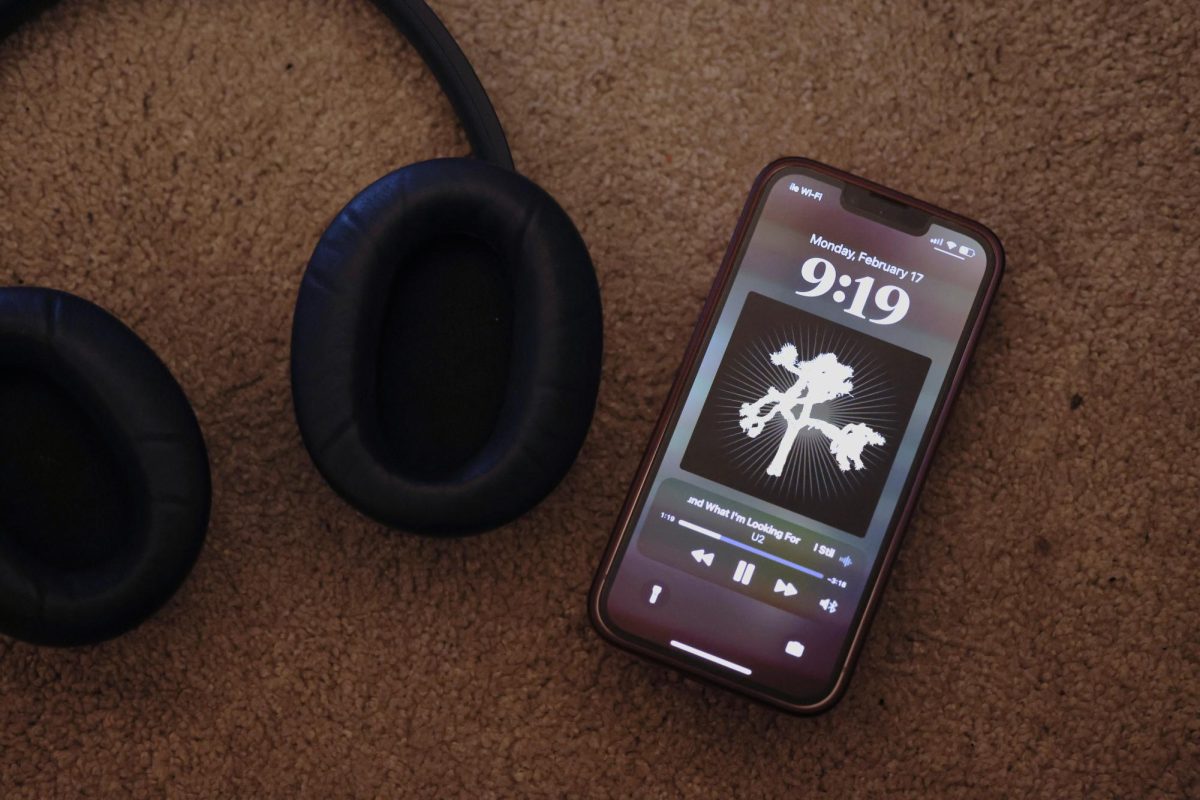


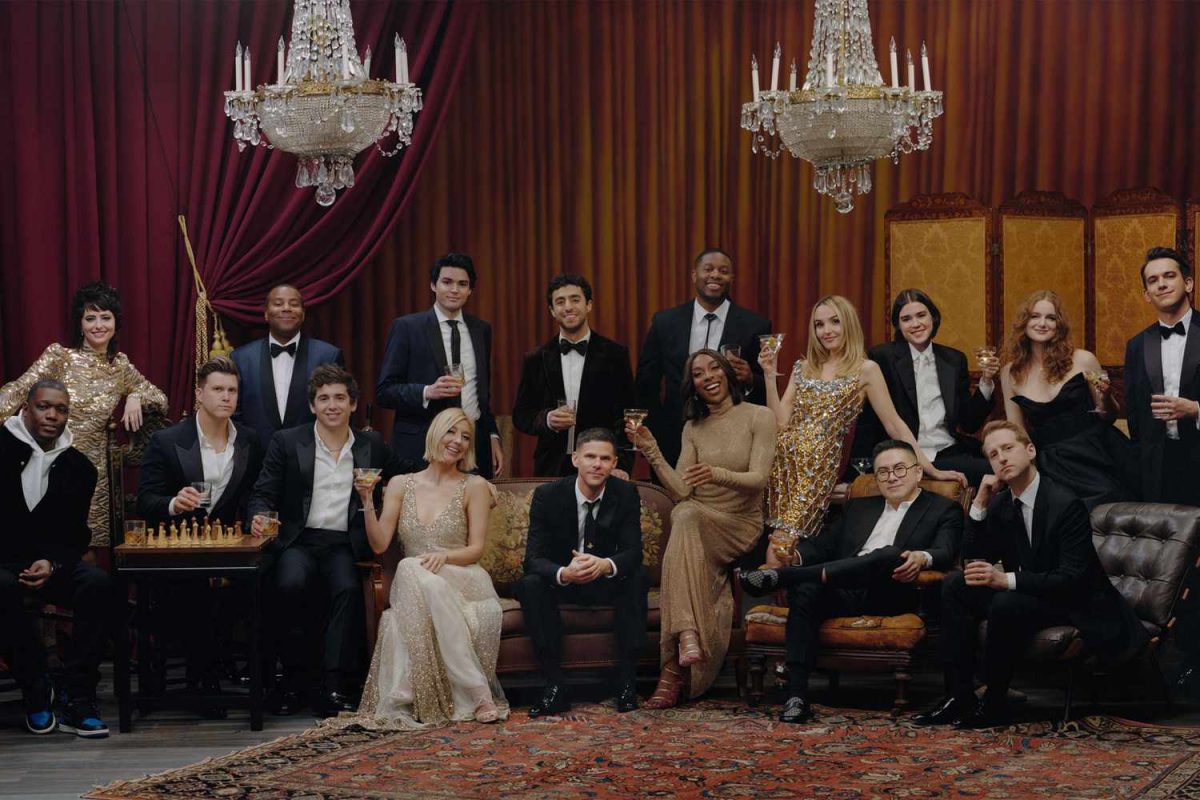
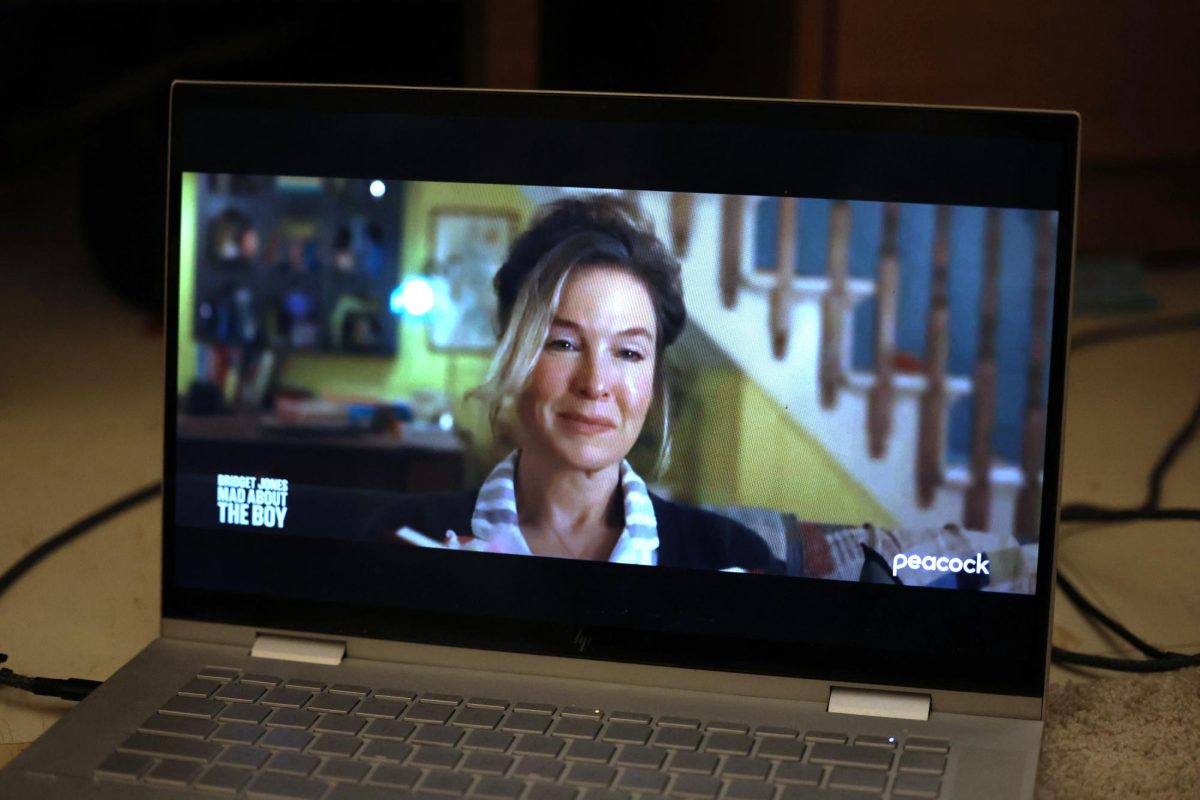
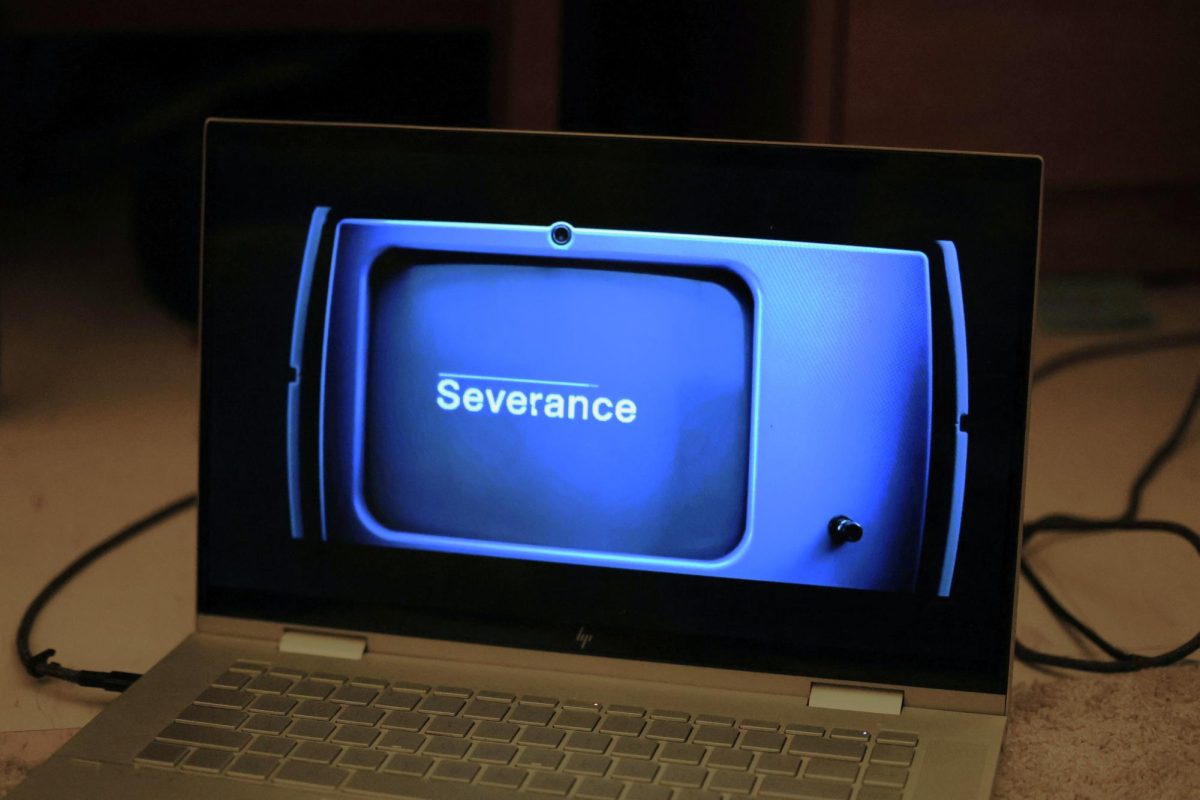











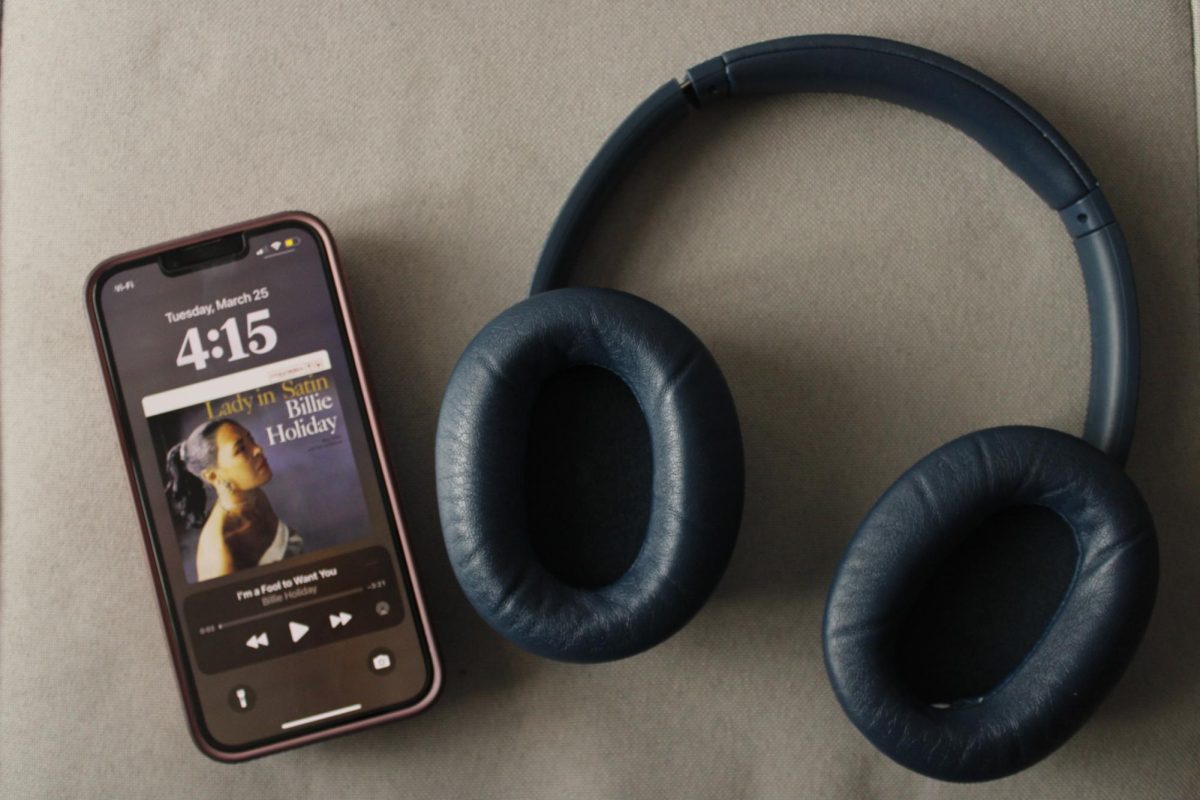

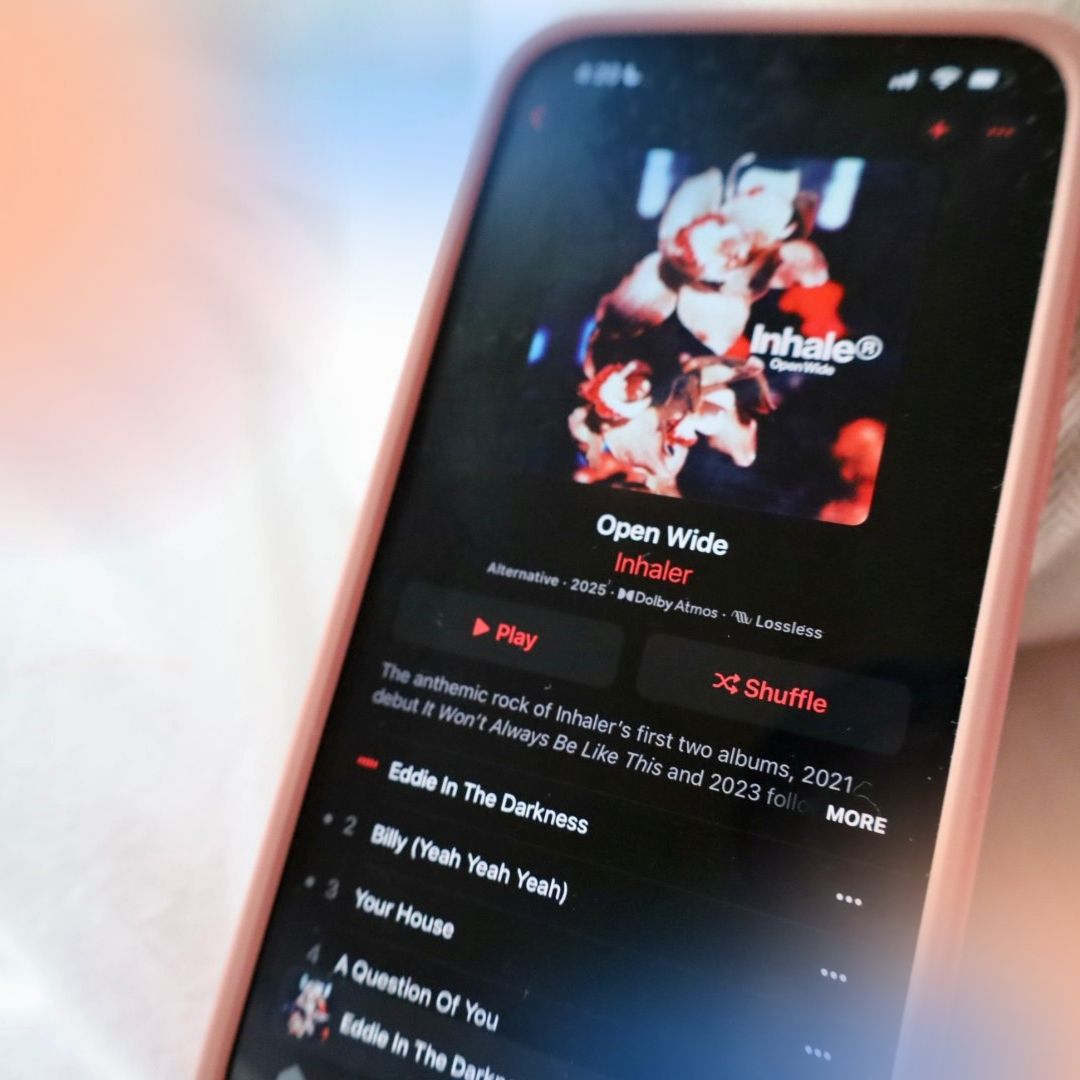
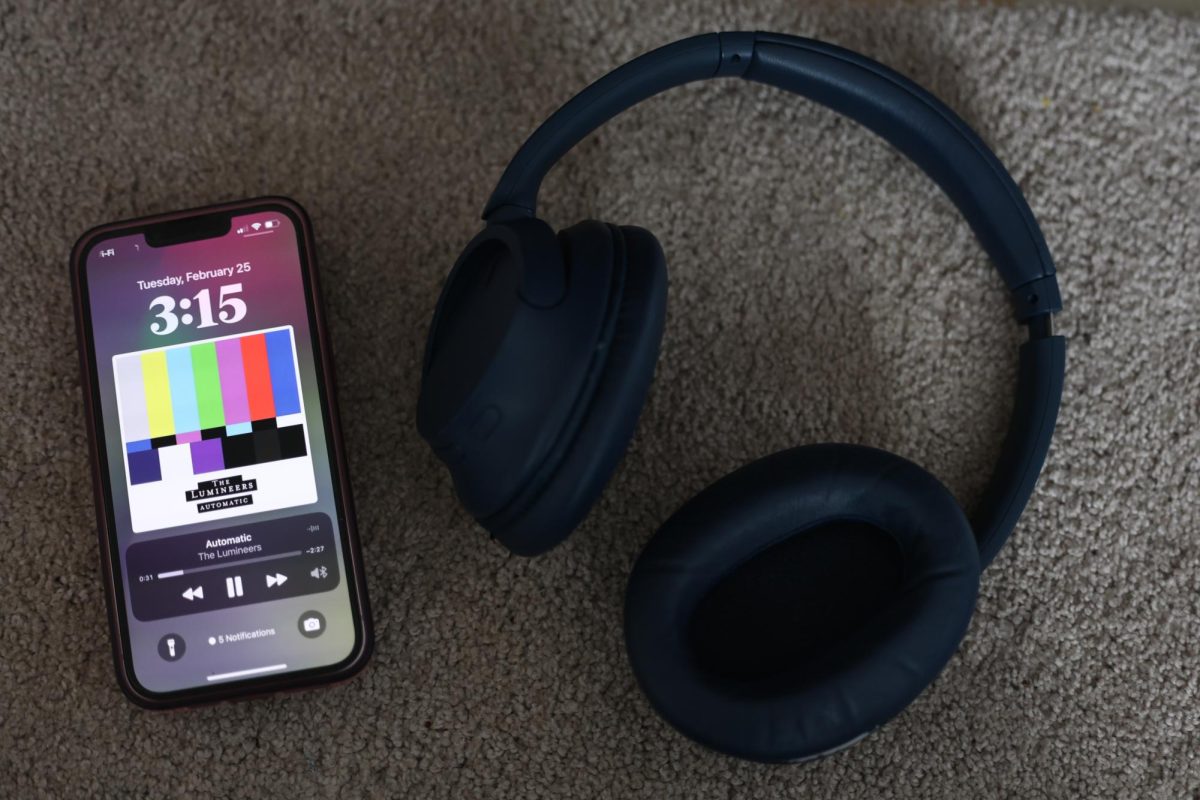
































































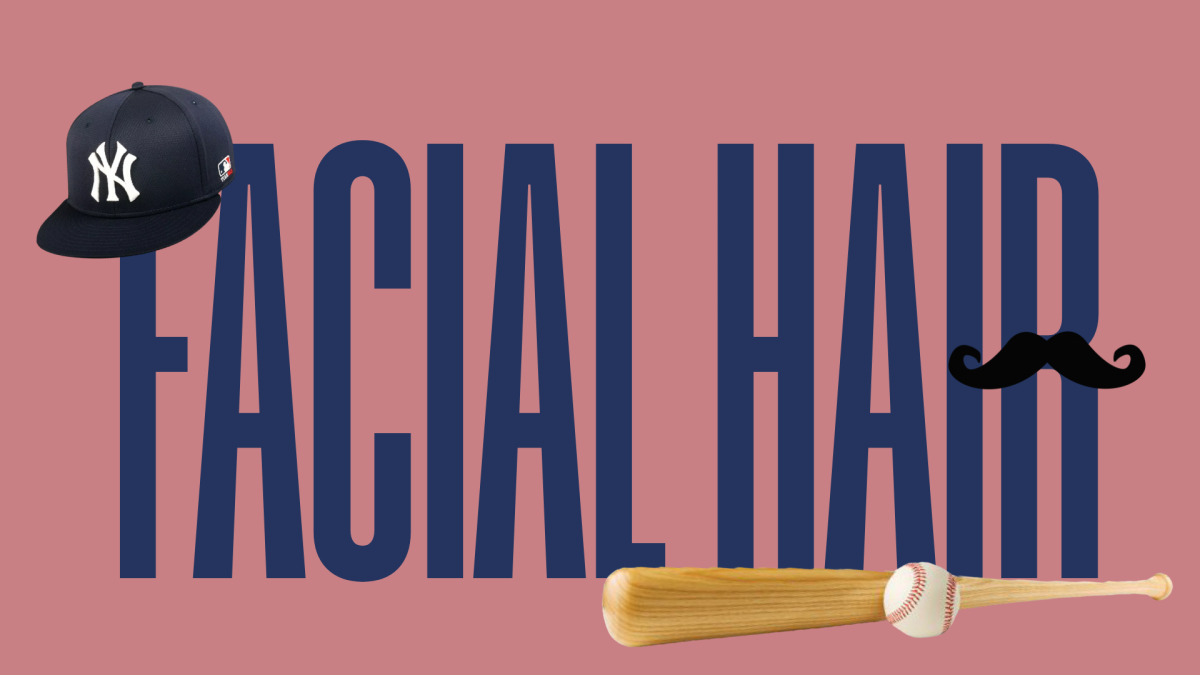







































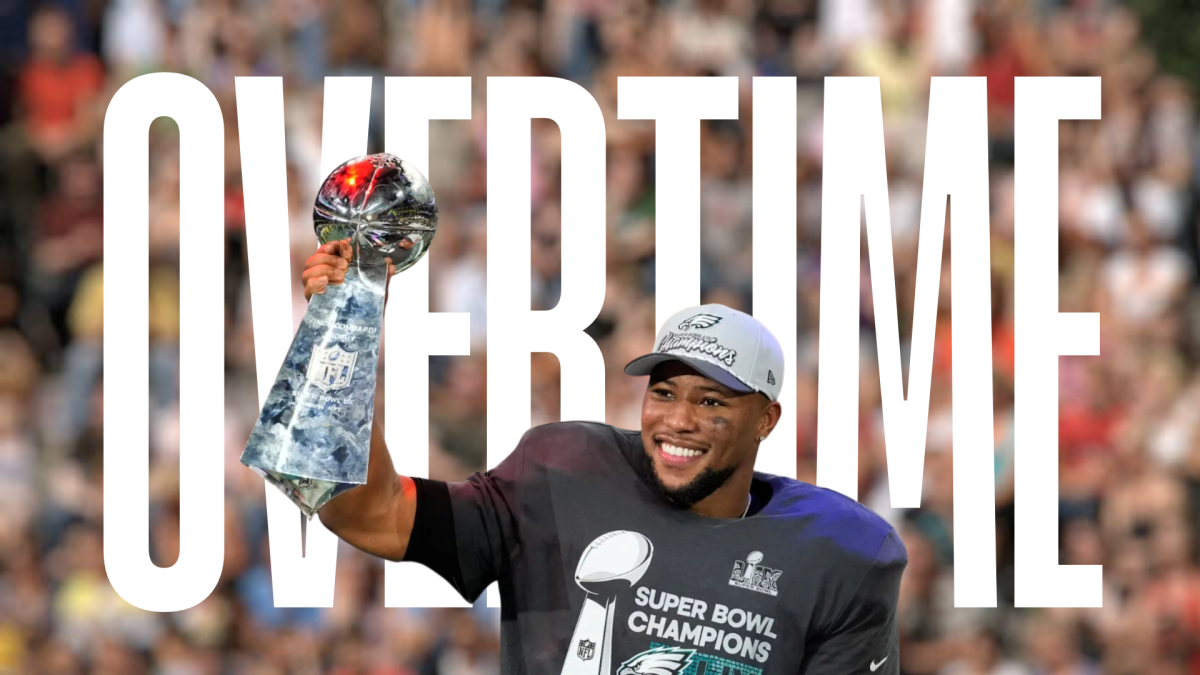




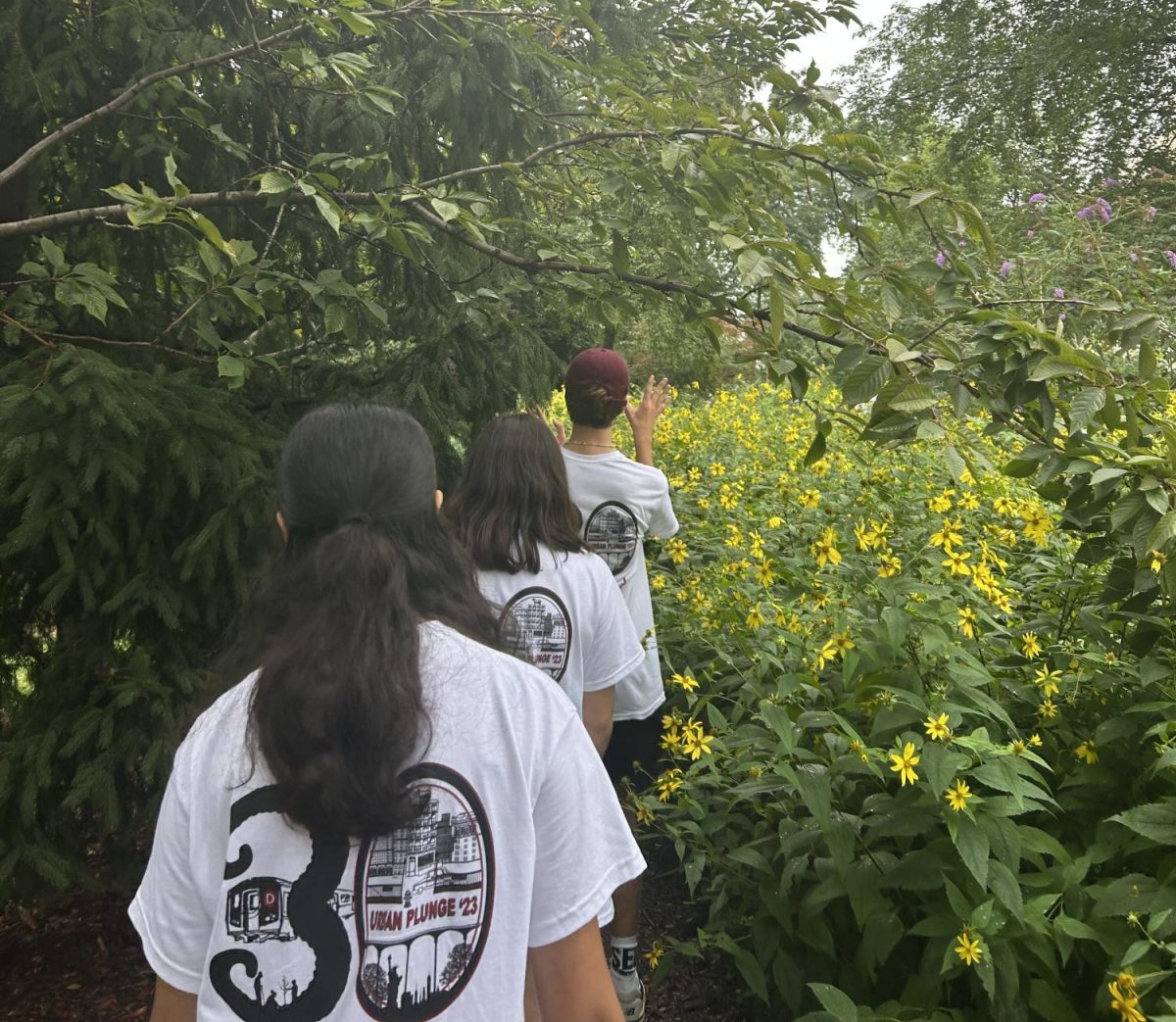
Fgff • Nov 18, 2016 at 11:41 am
Many Obama and DeBlasio supporters use the phrases “whiteness” and “white privilege” these are clearly racist terms, yet The Ram refuses to acknowledge.
Ben Arisen (@BrightLeaf88) • Nov 18, 2016 at 9:13 am
Who is the intended audience of this article? I voted for Trump and don’t care about your feelings at all.
Bill • Nov 17, 2016 at 9:31 pm
Basically, “here are all the reasons that your opinions don’t matter because my views are better than yours.” The funny thing about life is that sometimes you lose. There’s no doubt at all that Mr. Trump ran an ugly campaign with a lot of ugly supporters, but this isn’t a dictatorship of your ideology. You say you don’t have to respect their vote, but I feel as though your opinion would be different if Hillary had won.